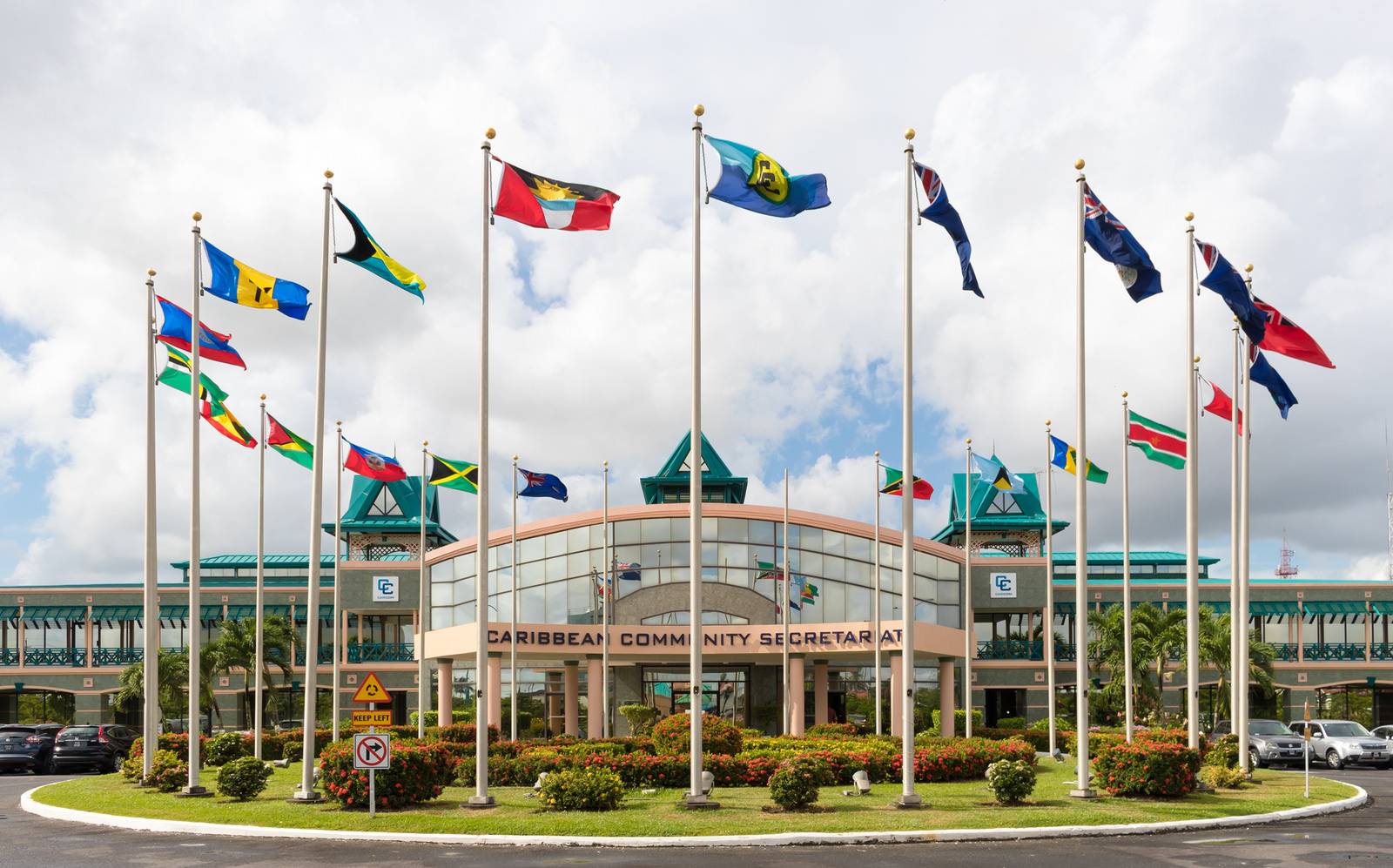The Caribbean region finds itself at a pivotal juncture in the digital era. As CARICOM governments deliberate the adoption of a shared currency—a concept that has reemerged since the Treaty of Chaguaramas—a broader question looms: why not extend this integration to digital sovereignty? In a world increasingly shaped by global platforms, the Caribbean’s daily life is dominated by technologies designed and controlled beyond its borders. WhatsApp orchestrates neighborhood interactions, TikTok influences youth culture, and Western financial apps dominate remittance systems. This outsourcing of cultural and political expression to Silicon Valley raises a critical question: can the Caribbean envision and construct its own digital infrastructure, one that aligns with its values and priorities? Global examples offer inspiration. China’s WeChat has evolved from a messaging app into a multifunctional super-application integrating payments, governance, and social exchange. Similarly, platforms like Douban have fostered cultural communities, while Russia’s VK and Rutube exemplify digital sovereignty. These models, though imperfect, demonstrate the potential for regions to reclaim control over their digital ecosystems. The urgency for a Caribbean alternative is underscored by recent events in Nepal, where youth-led protests, organized via Discord, toppled a government and led to the appointment of the country’s first female prime minister. This highlights the centrality of digital platforms in modern governance. For the Caribbean, the implications are profound. A regional super-platform could facilitate cross-border payments in a shared currency, host cultural content, and provide digital spaces for civic engagement. Crucially, it could reduce reliance on foreign systems that commodify Caribbean identities for profit. However, the pursuit of digital sovereignty must avoid the pitfalls of digital authoritarianism. Transparency, citizen input, and safeguards against surveillance must be foundational. Lessons from global platforms’ failures—such as disinformation and data exploitation—must inform its design. The goal is not to replicate Silicon Valley’s extractive model but to create a system rooted in regional trust and collective benefit. The opportunity is ripe. Caribbean governments are already coordinating in areas like currency, logistics, and education. Extending this collaboration to digital platforms is both logical and urgent. If regional integration is to resonate with citizens, it must encompass the tools they use daily. While trade frameworks under the CSME are being harmonized, the digital platforms mediating Caribbean life remain largely external. For integration to be credible, digital sovereignty must be treated as a core service under the CSME—governed, regional, and accessible. A Caribbean platform for communication, payments, and cultural exchange would fulfill the Treaty of Chaguaramas’ vision, ensuring the region’s digital lives are not outsourced. Such a platform would embody not just technology but sovereignty, resilience, and imagination. In the 21st century, the Caribbean’s independence hinges not only on its borders and seas but also on its digital lives. The question is not whether the region can afford to build such a platform, but whether it can afford not to.
